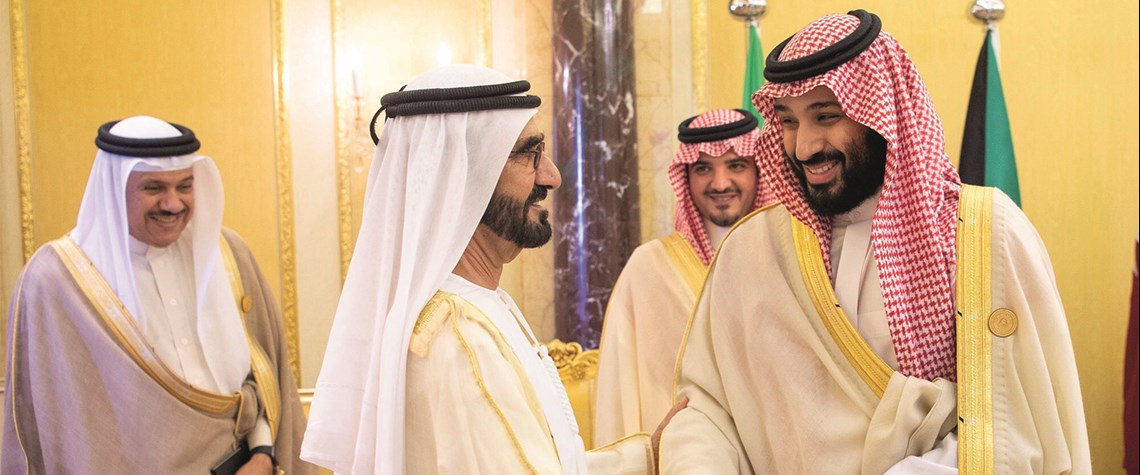Gulf states' cooperation quest falters
The GCC will struggle in 2019 to resolve the many issues that divide it and threaten its survival
Nothing points up the frailty of the Gulf Cooperation Council (GCC) more than the Qatar crisis. When Saudi Arabia, the UAE and Bahrain imposed an economic and diplomatic blockade on Qatar in June 2017 — accusing it, among other things, of supporting terrorism — they undermined the foundations of the regional grouping. For not only did three Gulf states turn on a fourth, but the other two GCC members, Kuwait and Oman, declined to support the action against Qatar. The fault lines ran in differing directions. Getting all six leaders together in one room is proving impossible. At the 2017 summit in Kuwait, the host, Shaikh Sabah al-Ahmad al-Sabah, and the Emir of Qatar, Shaikh Tamim bin Hamad Al

Also in this section
18 April 2024
The Norwegian energy company is concentrating its efforts on specific regions and assets that meet strict cost and carbon criteria
17 April 2024
Uzbekistan and Kazakhstan provide opportunities after Europe turns it back, while also offering another gateway to China
16 April 2024
Commentators need to shake off the myths of the past, with rising oil prices a boon for US economy
15 April 2024
Though hampered by methane concerns, US LNG has a crucial role to play for European and Asian energy security, US economic needs and the energy transition drive







